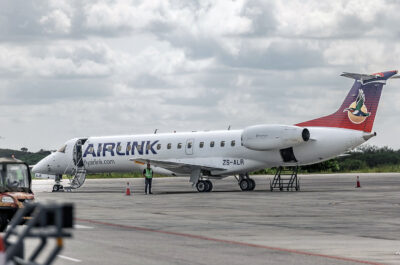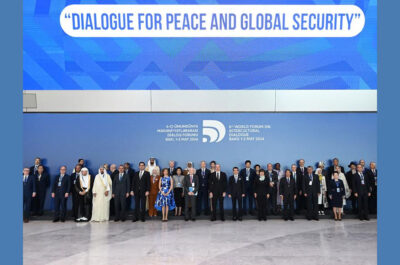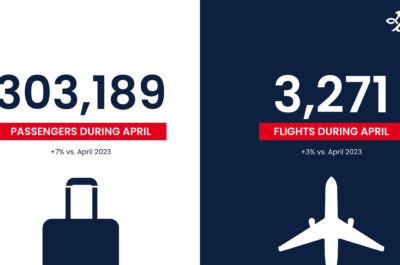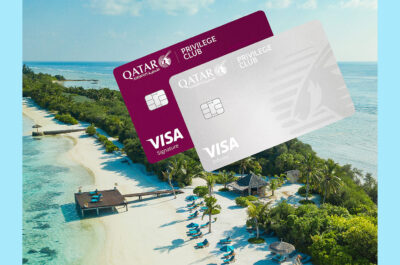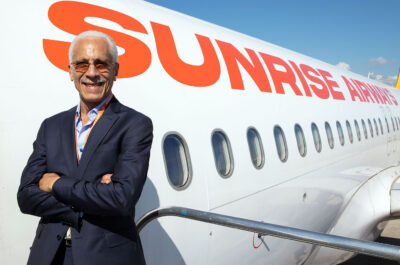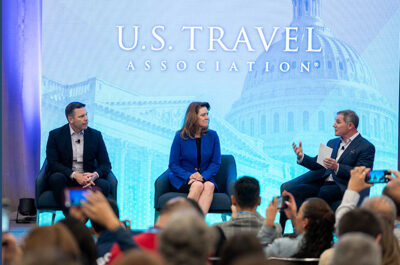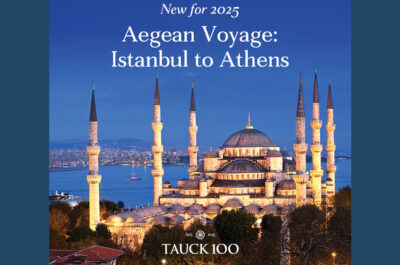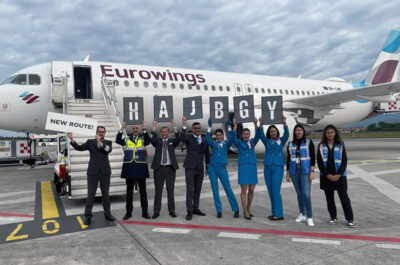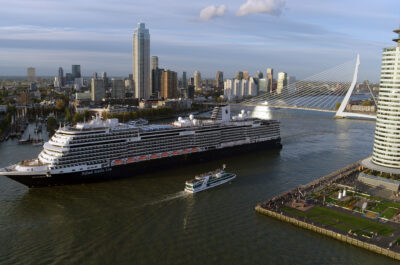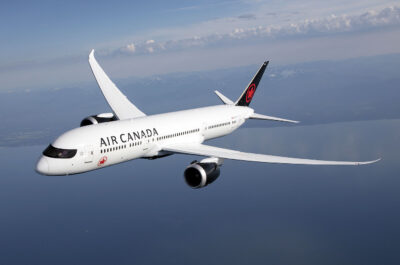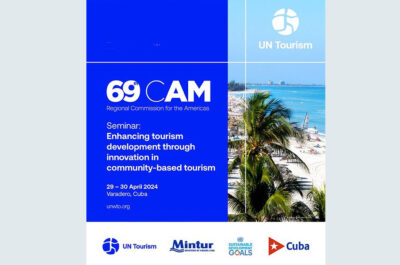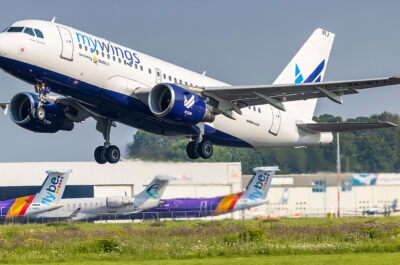Leisure cruise vacations are reaching new levels of popularity among American consumers while also attracting younger and more affluent guests, according to results from the…
Leisure cruise vacations are reaching new levels of popularity among American consumers while also attracting younger and more affluent guests, according to results from the Cruise Lines International Association (CLIA) 2006 Market Profile Study, conducted by TNS Travel & Transport Group.
Cruising continues to represent a fast-growing travel segment with significant growth potential. Over 51 million current vacationers have ever taken a cruise, representing 17 percent of the total U.S. population, according to the CLIA study. The study identifies the core U.S. cruise market as adults 25 or older with minimum household incomes of $40,000.
This core market consists of 127 million future cruise prospects. Thirty-nine percent of core market consumers – more than 49 million vacationers – have previously cruised; 50 percent of core consumers sailed within the past three years. More than 31 million U.S. vacationers have expressed their strong intent to cruise within the next three years, according to the study.
Leisure cruising`s continuing growth and surging popularity reflect the fundamental value, outstanding guest satisfaction and broad appeal of today`s cruise vacations, said Terry L. Dale, CLIA`s president and CEO. The meteoric growth of cruising from a boutique vacation to a mainstream travel option is a testament to the dedicated efforts of CLIA`s 16,700 member travel agencies, and the innovative, passenger-pleasing ships launched year after year by CLIA`s member cruise lines.
Today`s cruisers are younger and more affluent than ever. The 2006 study found that the average age of all cruise vacationers fell to 49, the lowest figure recorded in a CLIA tracking study report since 2002, the first year CLIA conducted the study. Average income for the first time exceeded $100,000 at $104,000.
As they attract younger and more affluent guests, cruise lines also continue to meet their passengers` vacation needs. Compared with other types of vacations, cruising has the highest percentage of extremely satisfied customers (45%), outpacing all-inclusive resorts (42%) and visiting friends and relatives (40%). Eighty-two percent of cruisers gave the industry high marks when considering ratings of very satisfied and extremely satisfied. Seventy-one percent of past cruisers said they will definitely or probably cruise again in the next three years.
Moreover, most people believe cruises offer superior value versus other forms of vacations. The study uncovered that 65 percent of respondents found cruises offer a high value for money, versus 58 percent for all other types of vacations, and a majority of respondents said cruises are superior to other types of vacations in terms of being pampered (57%), the chance to visit several locations (63%), fine dining (54%) and in being luxurious (52%).
The CLIA study was based on 2,482 national online interviews conducted among adults 25 and older with minimum household income of $40,000. The interviews represent a balanced national sample derived from TNS` panel of more than 1 million U.S. households.
The respondents` median age was 43, with household incomes averaging $94,000. One in eight is retired (13%), half (52%) are college graduates, and 54 percent of respondents are female, with 46 percent male.
The study also found:
- On average, cruise vacationers spent considerably more – by about 40 percent – on their last vacation, regardless of type ($1,690 to $1,180).
- Cruise vacationers are frequent vacationers, taking nearly three vacations of more than three days per year, with cruises representing 25 percent of vacations taken.
- The most important factors contributing to the vacation/cruise decision are the actual destination (8.2 out of 10) and price (6.7 out of 10).
- More than 90 percent of respondents said that having a greater number of embarkation ports provides a benefit, with 74 percent saying the primary benefit is the convenience of not having to fly to the embarkation city, and 72 percent identifying the savings involved in avoiding air travel as the primary benefit. Seventy percent of respondents said having more embarkation ports will increase their likelihood of cruising in the next three years.
The study also outlines several positive trends for the travel agent distribution system. For example, cruise vacationers use travel agents more frequently than land-based vacationers (83% to 51%) with 79 percent of cruisers using an agent specifically to book a cruise. (Due to the proliferation of travel agency Web sites, the reported incidence of travel agent cruise booking activity may be suppressed because consumers are often unaware of the travel agent behind the transaction.) Cruise vacationers are also far more likely than non-cruisers to use agents for non-cruise travel services.
Additionally, the study found that consumers retain a positive opinion of travel agents in several key areas. For example:
- Three out of five respondents believe agents are knowledgeable about different cruise lines and their unique experiences.
- Three out of five respondents believe agents are usually more knowledgeable about hotels, resorts and destinations than they are.
Nevertheless, the study results indicate that travel agents are facing growing challenges regarding consumer expectations. Although most respondents said agents offer the best service of any distribution channel (40% versus 35% who cited direct booking with the cruise line), consumers purchasing travel demonstrate increased demands and some degree of cynicism.
The study also found:
- Two in five respondents believe they get better information on the Internet than through a travel agent (40%).
- Nearly as many respondents consider travel agents to be more interested in the sale than in meeting their vacation needs.
- Just over one-half (56%) of respondents who used travel agencies were extremely or very satisfied with their services.
Finally, the study also revealed that overall leisure travel intent within the broader vacation market, remains strong.
According to the study:
- 19 percent of respondents plan to travel more
- 71 percent said their travel frequency will remain unchanged
- Only 10 percent said they plan to travel less frequently
Theodore is the Co-Founder and Managing Editor of TravelDailyNews Media Network; his responsibilities include business development and planning for TravelDailyNews long-term opportunities.


